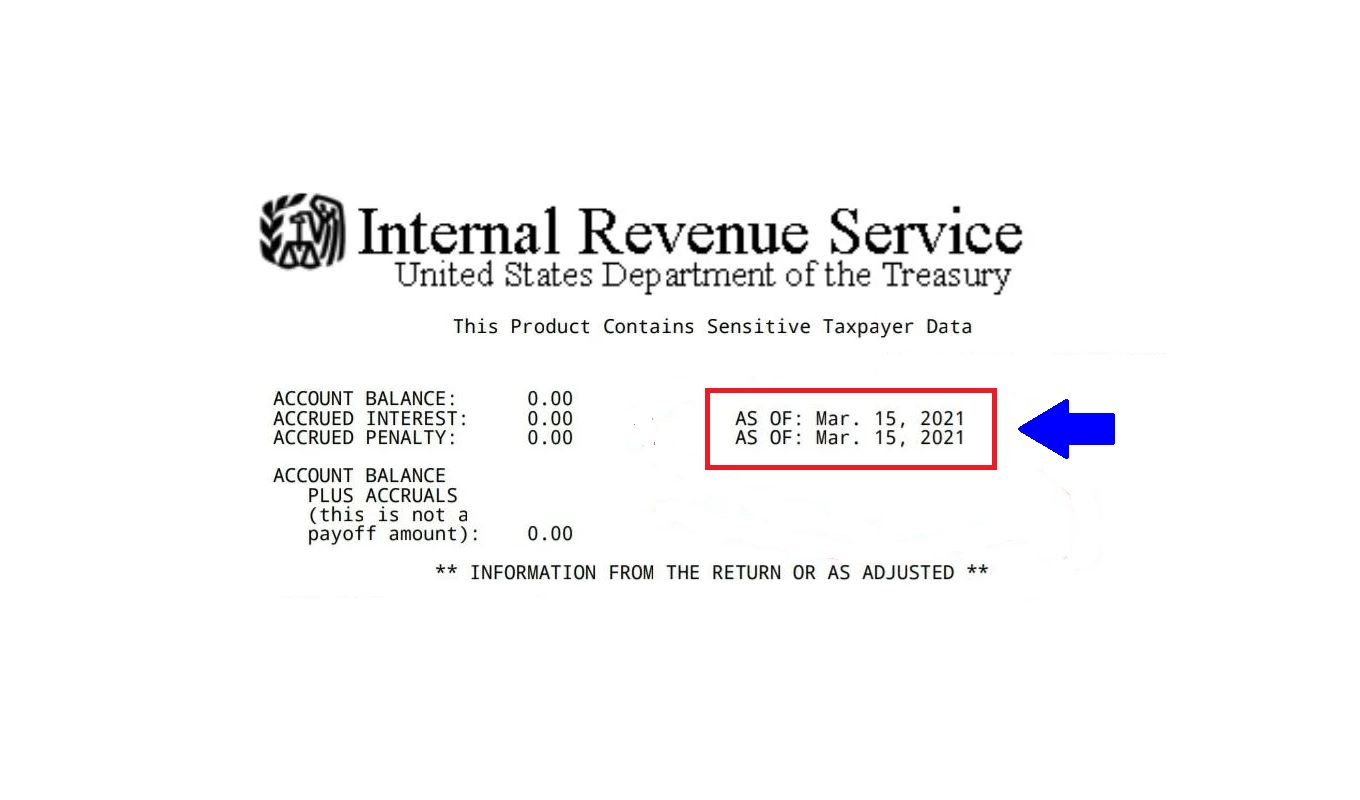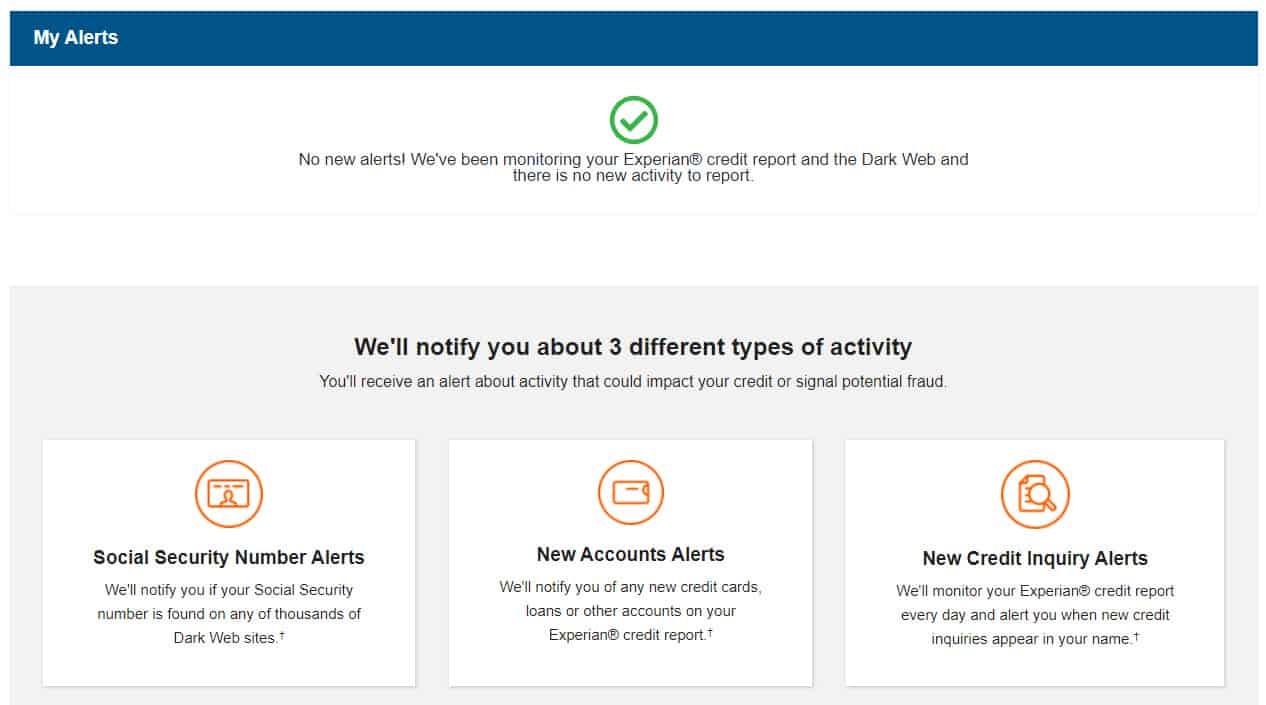Home>Finance>Federal Guidelines For Credit Inquiry When Buying A Car


Finance
Federal Guidelines For Credit Inquiry When Buying A Car
Published: March 5, 2024
Learn about federal guidelines for credit inquiry when buying a car and how it impacts your finance. Ensure compliance and make informed decisions.
(Many of the links in this article redirect to a specific reviewed product. Your purchase of these products through affiliate links helps to generate commission for LiveWell, at no extra cost. Learn more)
Table of Contents
Introduction
Purchasing a car is an exciting milestone, but it often involves navigating the complex world of credit inquiries. Understanding the impact of credit inquiries and the federal guidelines governing them is crucial for anyone considering buying a car. When you apply for a car loan, the lender will likely conduct a credit inquiry to assess your creditworthiness. This process can have a significant impact on your credit score and, ultimately, your ability to secure favorable financing terms.
Navigating the intricacies of credit inquiries when buying a car requires a comprehensive understanding of the federal guidelines that regulate this process. By familiarizing yourself with these guidelines, you can protect your credit and make informed decisions throughout the car buying journey.
In this article, we will delve into the fundamental aspects of credit inquiries, explore the federal guidelines that govern them, and highlight the importance of credit inquiries when purchasing a car. Additionally, we will provide valuable insights on safeguarding your credit during the car buying process, empowering you to make well-informed financial decisions while pursuing your dream car.
Let's embark on a journey to unravel the intricacies of credit inquiries and the federal regulations that shape the car buying experience. Understanding these essential elements will equip you with the knowledge needed to navigate the car purchasing process with confidence and financial acumen.
Understanding Credit Inquiries
Before delving into the federal guidelines governing credit inquiries when buying a car, it’s essential to grasp the concept of credit inquiries and their impact on your financial profile. A credit inquiry, also known as a credit check or credit pull, occurs when a lender or creditor reviews your credit report to assess your creditworthiness. There are two types of credit inquiries: hard inquiries and soft inquiries.
Hard inquiries typically take place when you apply for credit, such as a car loan or a credit card. These inquiries are initiated with your consent and can affect your credit score. On the other hand, soft inquiries occur when you check your own credit report or when a potential employer or creditor conducts a background check that doesn’t involve seeking new credit. Soft inquiries do not impact your credit score.
It’s important to note that hard inquiries can have a temporary negative effect on your credit score, as they indicate that you may be taking on new debt. However, the impact of a single hard inquiry is usually minimal, and multiple inquiries related to auto or mortgage loan applications within a short timeframe are typically treated as a single inquiry. This allows consumers to shop for the best loan terms without being overly penalized for multiple credit checks.
Understanding the distinction between hard and soft inquiries and their implications is crucial when embarking on the car buying journey. By being aware of how credit inquiries function, you can make informed decisions and take proactive steps to safeguard your credit while pursuing your dream car.
Federal Guidelines for Credit Inquiry
When it comes to credit inquiries in the context of buying a car, it’s essential to understand the federal regulations that govern this process. The Fair Credit Reporting Act (FCRA) and the Equal Credit Opportunity Act (ECOA) are two key pieces of legislation that outline the guidelines for credit inquiries and protect consumers’ rights.
The Fair Credit Reporting Act (FCRA) mandates that consumers have the right to know what information is contained in their credit reports and to dispute any inaccuracies. Additionally, it stipulates that businesses must have a permissible purpose to access an individual’s credit report, such as when evaluating an application for credit, insurance, employment, or a rental agreement. When applying for a car loan, the lender must adhere to the FCRA guidelines and obtain the consumer’s consent before accessing their credit report.
On the other hand, the Equal Credit Opportunity Act (ECOA) prohibits credit discrimination on the basis of race, color, religion, national origin, sex, marital status, age, or the receipt of public assistance. This legislation ensures that all consumers have an equal opportunity to obtain credit, including car loans, without facing discriminatory practices during the credit inquiry process.
Understanding these federal guidelines is paramount for both consumers and lenders involved in the car buying process. By adhering to the regulations outlined in the FCRA and ECOA, lenders can conduct credit inquiries in a fair and transparent manner, while consumers can rest assured that their rights are protected throughout the credit assessment process.
By familiarizing yourself with the federal guidelines for credit inquiries, you can approach the car buying journey with confidence, knowing that the credit inquiry process is governed by laws designed to safeguard consumers’ interests and promote fair lending practices.
Importance of Credit Inquiry When Buying a Car
Understanding the significance of credit inquiries when purchasing a car is pivotal in comprehending the broader implications of this financial assessment. When you apply for a car loan, the lender’s credit inquiry serves as a critical tool for evaluating your creditworthiness and determining the terms of the loan. The outcome of this assessment can profoundly impact your ability to secure favorable financing and influence the overall cost of purchasing the vehicle.
For individuals seeking to buy a car, a positive credit inquiry outcome can lead to lower interest rates, more favorable loan terms, and a higher likelihood of loan approval. On the other hand, a less favorable credit assessment may result in higher interest rates, less favorable loan terms, or potential challenges in obtaining the desired financing. Therefore, the credit inquiry process directly influences the affordability and accessibility of financing options for purchasing a car.
Moreover, the outcome of the credit inquiry can have lasting effects on your credit score. While a single hard inquiry may only have a minor impact, multiple inquiries within a short timeframe can potentially lower your credit score. This underscores the importance of being strategic when applying for car loans and understanding how credit inquiries can affect your overall credit profile.
Recognizing the pivotal role of credit inquiries in the car buying process empowers consumers to take proactive steps to optimize their credit standing before applying for a car loan. By managing existing debts, maintaining a healthy credit utilization ratio, and addressing any inaccuracies in their credit reports, individuals can position themselves for a more favorable credit assessment, potentially leading to enhanced financing options and a smoother car buying experience.
By acknowledging the significance of credit inquiries when buying a car, consumers can approach the process with a clear understanding of how their creditworthiness directly impacts their ability to secure an affordable and advantageous auto loan.
How to Protect Your Credit During the Car Buying Process
As you embark on the journey of purchasing a car, safeguarding your credit is paramount to securing favorable financing terms and maintaining a healthy credit profile. Here are essential strategies to protect your credit during the car buying process:
- Check Your Credit Report: Begin by obtaining a copy of your credit report from each of the three major credit bureaus—Equifax, Experian, and TransUnion. Review the reports for accuracy and address any discrepancies or inaccuracies promptly.
- Limit Rate Shopping: When seeking pre-approval for a car loan, aim to condense your rate shopping within a short timeframe. Multiple inquiries related to auto loan applications within a specific period are typically treated as a single inquiry, minimizing the potential impact on your credit score.
- Maintain Timely Payments: Ensure that you continue making timely payments on your existing credit accounts. Consistent, on-time payments demonstrate responsible credit management and contribute to a positive credit profile.
- Understand Loan Terms: Before finalizing a car loan, thoroughly comprehend the terms, including the interest rate, loan duration, and any associated fees. Clear understanding of the terms helps you make informed decisions and avoid potential financial pitfalls.
- Consider a Co-Signer: If you have concerns about your creditworthiness, exploring the option of a co-signer with a strong credit history can enhance your chances of securing a favorable loan.
- Be Cautious with Add-Ons: While purchasing a car, be mindful of add-on products or extended warranties that can significantly increase the overall cost. Carefully evaluate the necessity and cost-effectiveness of such additions before committing to them.
- Monitor Your Credit Score: Stay vigilant by monitoring your credit score throughout the car buying process. Numerous platforms offer free credit score monitoring, enabling you to track changes and address any unexpected fluctuations.
By implementing these proactive measures, you can protect your credit while navigating the car buying process, positioning yourself for advantageous financing options and preserving a healthy credit standing.
Conclusion
Embarking on the journey to purchase a car entails navigating the intricacies of credit inquiries and understanding the federal guidelines that shape this essential aspect of the car buying process. By comprehending the impact of credit inquiries, familiarizing yourself with federal regulations, and recognizing the significance of credit assessments, you are empowered to make informed decisions and protect your credit throughout the car buying journey.
As you prepare to apply for a car loan, remember that credit inquiries play a pivotal role in determining the terms of your financing and influencing your credit score. By adhering to federal guidelines, such as those outlined in the Fair Credit Reporting Act and the Equal Credit Opportunity Act, both consumers and lenders can ensure that the credit inquiry process is conducted fairly and transparently.
Understanding the importance of credit inquiries when buying a car underscores the need for strategic credit management and proactive measures to safeguard your credit profile. By checking your credit report, limiting rate shopping, maintaining timely payments, and comprehending loan terms, you can optimize your credit standing and enhance your prospects of securing favorable financing for your car purchase.
Ultimately, protecting your credit during the car buying process is not only about securing a loan—it’s about preserving a sound financial foundation and positioning yourself for long-term success. By leveraging the insights shared in this article, you are equipped to navigate the car buying process with confidence, safeguard your credit, and make well-informed decisions that align with your financial goals.
As you embark on this exciting journey, may your car buying experience be marked by financial empowerment, informed decision-making, and the fulfillment of your automotive aspirations.














